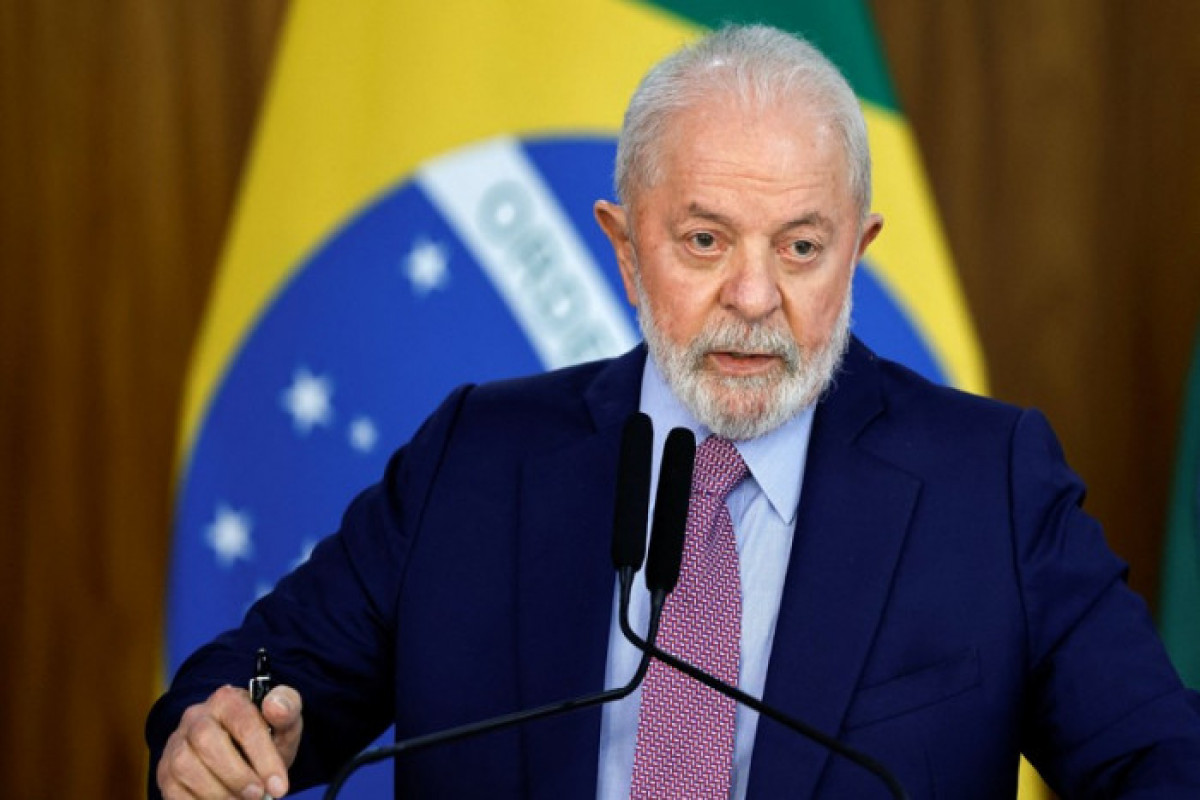In a significant move that could shape the future of artificial intelligence (AI) worldwide, the BRICS nations Brazil, Russia, India, China, and South Africa have called for the UN to lead AI rules and establish a fair, global framework for governing this transformative technology. During their summit in Rio de Janeiro, BRICS leaders emphasized that AI should not deepen the gap between developed and developing countries but instead become a tool for inclusive growth and shared prosperity.
The declaration describes AI as a “unique opportunity” for innovation and sustainable development but warns that without transparent, fair governance, AI risks becoming a force that widens the global digital divide.
Why Should the UN Lead AI Rules?
The call for the UN to lead AI rules comes at a crucial time. Countries like the USA, China, and those in the European Union have already taken major steps to regulate AI. But without a neutral, globally recognized body guiding the process, the developing world could be left behind.
Dr. Kavita Menon, a renowned AI policy expert from South Africa, puts it simply:
“AI cannot be controlled by a few powerful countries or corporations. The United Nations is the only platform where all nations, rich or poor, have an equal voice in shaping AI rules.”
The UN’s global legitimacy and ability to create consensus among its 193 member states make it uniquely suited for leading this critical task.
AI and Healthcare Inequality in Africa
The risks of AI deepening global inequalities are already visible. In Kenya, AI powered diagnostic tools have shown remarkable success in detecting diseases like tuberculosis. However, rural communities often lack access to the internet, infrastructure, and trained personnel to use these technologies effectively.
This uneven access demonstrates how AI can either bridge or widen the gap between those with resources and those without. The UN to lead AI rules is essential to ensuring that AI benefits are distributed fairly.
The BRICS Standpoint: A Voice for the Global South
BRICS represents nearly 40% of the world’s population and includes some of the most influential emerging economies. Their call for the UN to lead AI rules reflects a growing sentiment that the current AI governance efforts driven largely by Western tech giants and wealthy nations do not adequately represent the interests of the Global South.
Ambassador Vinicius Carvalho, Brazil’s representative at the summit, stated:
“The Global South must not be spectators in the AI revolution. We must be active participants in shaping its governance.”
The Technical Side: Why Global AI Standards Matter
The BRICS declaration emphasizes the need for developing technical specifications and protocols to ensure AI systems are safe, reliable, and trustworthy across borders.
Experts argue that without globally accepted rules on issues like-
✔️ Data privacy and protection
✔️ Algorithmic transparency
✔️ AI system interoperability
✔️ Security and accountability
AI could become fragmented, unsafe, and dominated by a handful of players.
Dr. Rafael Almeida, an AI security researcher from Brazil, explains:
“Imagine if every country built its own internet with no rules chaos would follow. The same applies to AI. We need the UN to lead AI rules to create global harmony.”
AI Divide in India
In India where nearly 1.4 billion people live, the AI revolution is both exciting and concerning. Rohit Sharma, a young software engineer from Delhi, shared his frustration-
“AI has huge potential to transform farming, education, and healthcare here. But advanced AI tools are often in English, expensive, and designed for big cities. Rural India risks being left out.”
His concern reflects why developing nations support the UN to lead AI rules to make AI accessible, affordable, and adaptable for all.
The Urgency: Risks of Fragmented AI Governance
AI is advancing rapidly, with new tools like generative AI, autonomous weapons, and predictive algorithms reshaping industries and geopolitics. Without a coordinated global effort:
❗ Rich nations could monopolize AI development
❗ Global security risks, including AI-powered cyberattacks, could escalate
❗ Economic inequality could worsen as developing countries are left behind
❗ Public trust in AI could erode if rules are inconsistent or unfair
The UN to lead AI rules is seen as the only viable way to prevent these risks and ensure AI serves humanity collectively.
A Shared Responsibility
The BRICS call for the UN to lead AI rules represents a pivotal moment in global AI governance. As AI reshapes how we work, communicate, and solve global challenges, fair and inclusive rules are essential.
With the United Nations at the helm, AI can become a force for equality, innovation, and sustainable growth rather than a tool that deepens divisions.
The future of AI should not be dictated by a few. It must be built through global collaboration, with every nation rich or poor having a seat at the table.


1 thought on “UN to Lead AI Rules: BRICS Calls for Global AI Governance”